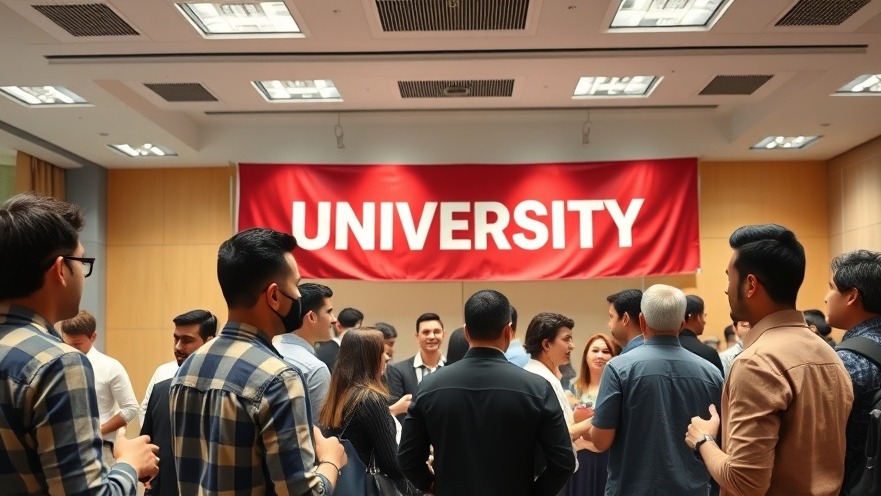
Trump Administration’s Target: Harvard University
In a notable escalation of tensions, the Trump administration has issued administrative subpoenas to Harvard University aimed at gathering information regarding its foreign students. This move has sparked considerable debate and raises questions about academic freedom and government oversight. According to Homeland Security Secretary Kristi Noem, the investigation focuses on potential violations related to the Student Visitor and Exchange Program under which Harvard enrolls international students. The administration's insistence on deeper scrutiny comes amid claims that the university permitted "illegal and violent" activities by some international students.
Context Behind the Subpoenas: A Legal Battle
This situation stems from an earlier request made by the Department of Homeland Security for detailed records on foreign student visa holders, which Harvard claims to have partially fulfilled. However, the department deemed this response insufficient, resulting in the withdrawal of the university's ability to enroll new international students. Harvard responded by filing a lawsuit against the Trump administration, seeking to protect its enrollment status and academic integrity. Recently, a federal judge in Boston temporarily halted the enforcement of the revocation, emphasizing the legal complexities involved in this dispute.
Accusations of Antisemitism: Harvard in the Crosshairs
Aside from the concerns about foreign students, the Trump administration has leveled accusations against Harvard over its treatment of Jewish and Israeli students. Education Secretary Linda McMahon remarked that the university’s failure to combat antisemitism could threaten its accreditation status. This dual scrutiny—of both foreign students and alleged discrimination against specific groups—has intensified the scrutiny on universities nationwide regarding compliance with federal laws.
The Broader Implications for Higher Education
Harvard’s ongoing legal struggles illustrate a larger national conversation about the role of universities in balancing free speech and campus safety. The subpoenas could set a precedent for governmental control over admissions and hiring practices within private institutions, prompting institutions across the country to evaluate their policies and responses to governmental inquiries.
A Response From Harvard: Commitment to Principles
In response to the declarations, Harvard officials articulated a firm commitment to its core principles. They argue that the subpoenas are unwarranted and challenge the administration’s narrative surrounding foreign students. Harvard has stated its intention to cooperate with lawful requests, underscoring its opposition to what it views as overreach by federal authorities aimed at constraining academic freedom.
Looking to the Future: Regulatory Trends and Academic Freedom
The situation at Harvard may signal a pivotal point in college government relations, especially concerning how foreign students are perceived and treated amidst national security concerns. As universities prepare for potential increases in federal scrutiny, the landscape of international education could undergo significant transformations, influencing enrollment policies, campus security practices, and broader institutional governance.
Call to Action: Understanding the Implications
It is crucial for students, educators, and policymakers to engage in discussions about the balance between national security and academic freedom. As the situation evolves, following such developments will be vital in understanding their long-term ramifications on the educational landscape. For those interested in staying informed and analyzing the implications of these ongoing changes, make sure to keep up with national news coverage regarding education and governmental policies.
 Add Element
Add Element  Add Row
Add Row 



 Add Row
Add Row  Add
Add 


Write A Comment